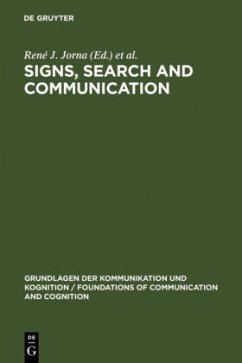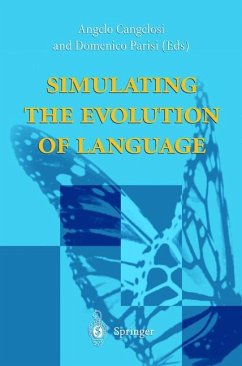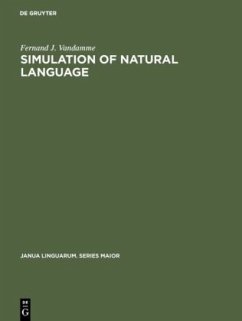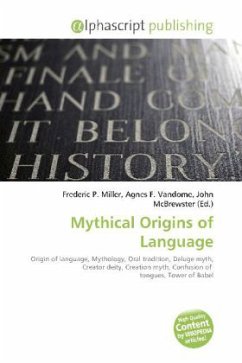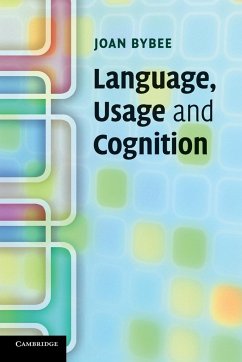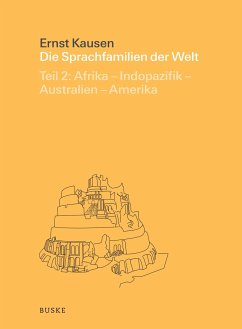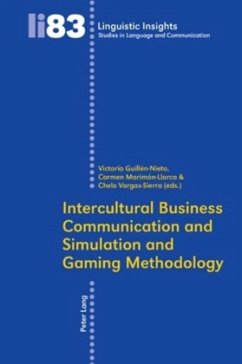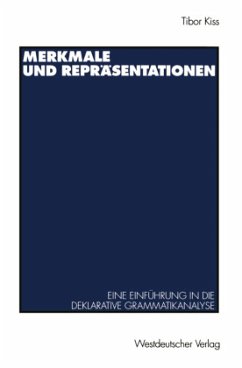
Computer Simulation of Language Evolution
A Neural Network Based Approach
Versandkostenfrei!
Versandfertig in 6-10 Tagen
32,99 €
inkl. MwSt.

PAYBACK Punkte
16 °P sammeln!
All throughout human history, the question about the origin and evolution of (human) language has exerted afascinating appeal to both scholars and laymen. Thanks to the progress in computational methods, it hasbeen possible in recent yearsto attain new insights into this subject matter and to conduct simulations with the pretence of verifying orfalsifying some of the assertions proclaimed by an earlier linguistic and philosophic tradition.By means of a simulation model made up of populations of artificial speakers, this work sets outto address the problem of languagechange and its variation ov...
All throughout human history, the question about the origin and evolution of (human) language has exerted afascinating appeal to both scholars and laymen. Thanks to the progress in computational methods, it hasbeen possible in recent yearsto attain new insights into this subject matter and to conduct simulations with the pretence of verifying orfalsifying some of the assertions proclaimed by an earlier linguistic and philosophic tradition.By means of a simulation model made up of populations of artificial speakers, this work sets outto address the problem of languagechange and its variation over time. Under what conditions can -- and do -- languages change? More fundamentally,it is asked under which circumstances languages are learnable, and whether the assumption of a particular humanqualification for language ability is really necessary.



